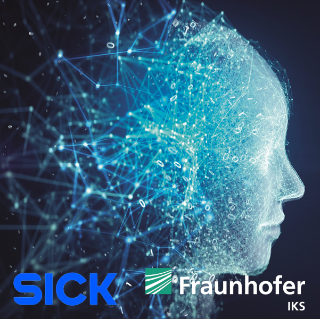Filderhalle Leinfelden-Echterdingen | Stuttgart / November 12, 2025 - November 13, 2025
Safetronic 2025

For the fifth time, the Fraunhofer Institute for Cognitive Systems IKS will again host the international conference »Safetronic« in 2025. It is planned for November 12 and 13, 2025.
more info Fraunhofer Institute for Cognitive Systems IKS
Fraunhofer Institute for Cognitive Systems IKS

